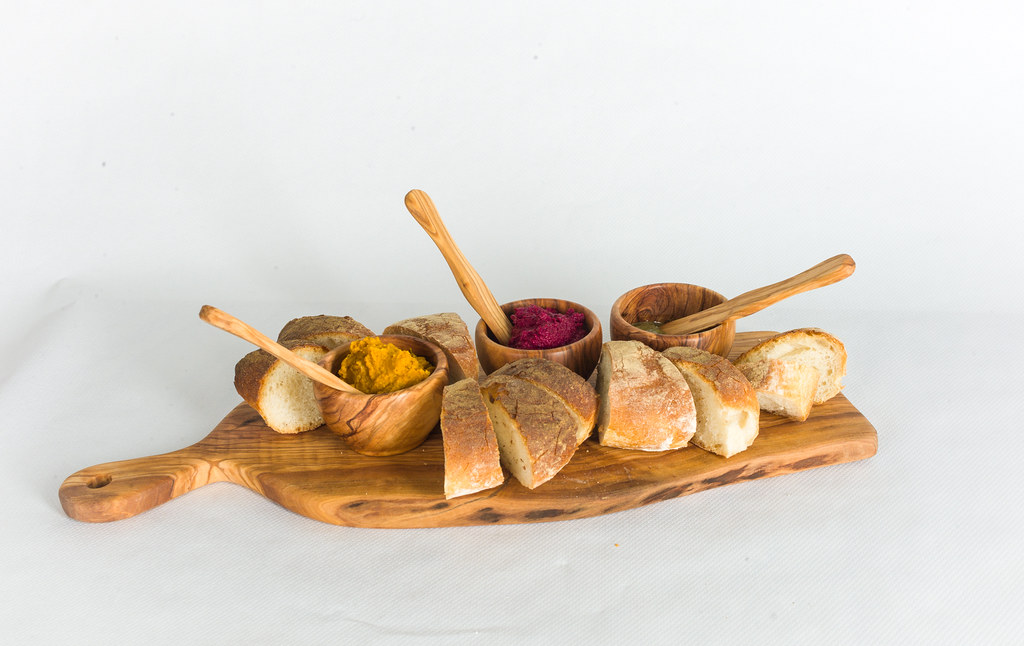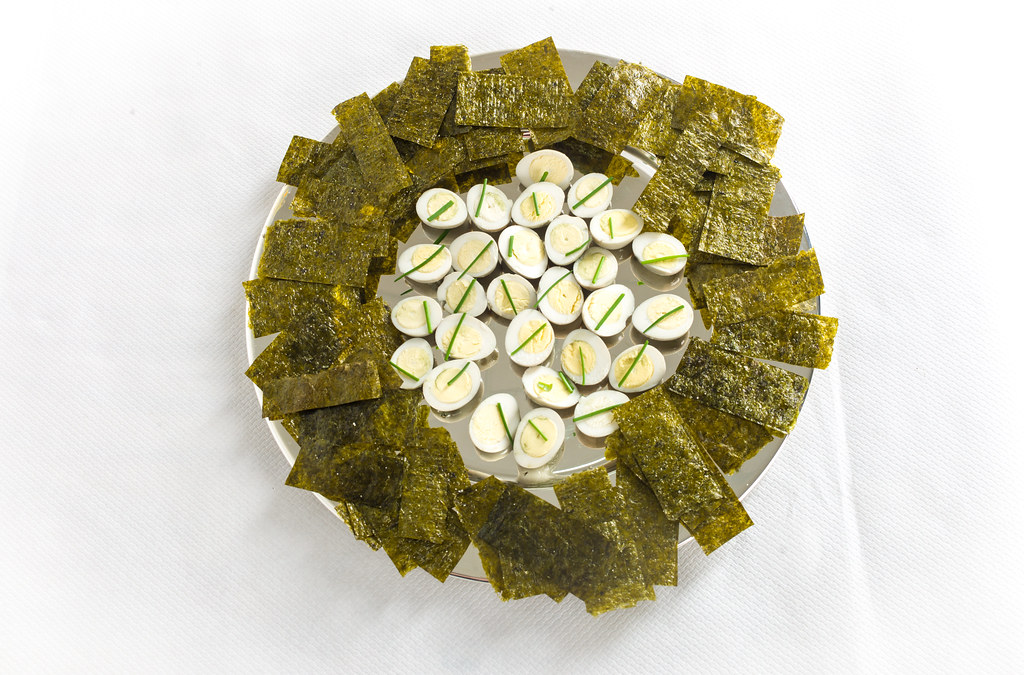Table of Contents
Tasting Tomorrow Scenarios
Four generic futures from the tasting tomorrow futurecrafting sessions. These scenarios provide inspiration for the tasting tomorrow prototyping and tasting tomorrow menu
Urban Picnic
(in 5~10 years)
Street-food culture in Malta is thriving. People often share food in public spaces, where connections develop across diverse communities. Unexpected blends and fusion cuisines emerge from genuine contact between strangers. Maltese fast food culture has been completely transformed. Packed with fresh, nutritious ingredients it bursts with colour and flavour. Juicy, fruity, bubbly and vibrant, Maltese food is tantalising without being overly complex. Micro-seasons are celebrated through food and cooking. Eating ingredients out of season is becoming a taboo. Like the Maltese people of old, food lives on the street. It's a celebration of everyday life. It's alive. Life affirming. Energising. Playful. Sometimes slightly fiery and temperamental, but always heartfelt.
The transformation of the Maltese food culture began with a handful of people and initiatives committed to food that promotes the wellbeing of people and the environment alike. They decided to create a testbed in Malta. They believed that in such a small country change can happen quickly, through collaboration and communication. Transformation began in homes and from within businesses, with clients and partners, to eventually reach the wider population (including tourists). Small, diverse communities were often the first to embrace the change in food culture. It was familiar enough to remind them of age-old traditions, yet enticing enough to surprise and delight the senses. As the atmosphere on the islands changed, so it began attracting a different type of tourism. The locals joke that the tourists became 'invisible'. Rather the pouring onto the streets en-masse from massive cruise ships, the contemporary tourists arrive in low-carbon sailing ships and airships, bringing food to exchange or cook-up and share. They are often indistinguishable from the locals, especially when they set-up their car-park food-stalls and pop-up restaurants.
Street markets have been lifted off the ground. They can be found on green roofs and in hanging gardens, freeing the street for urban picnics and frequent food-laden festivities. People zipline between stalls and eateries. Not only food culture has its renaissance. Local design is booming, with a focus on stylish, ethical and affordable fashion and kitchen “gear”. Jump-suits with built-in zipline connectors are popular, as well as providing ample pockets for crockery and cutlery. The buzz of conversation and woosh of people zipping past complements the hum of honeybees during day and delivery drones at night. Maltese food culture is a continuous, joyous celebration. 24 hours a day, 365 days a year.

Wake for the Rain
(in 50~500 years)
Fresh water reserves in Malta were nearly depleted in the first quarter of the 21st century. In order to mitigate the situation, water restrictions were imposed, including fiscal and punitive measures which reflected the true cost of water. In 2017 a heterogeneous group of researchers, policy makers, business and cultural innovators initiated a long term research programme to improve efficiency of water usage on the islands. Over fifty years many experiments were conducted including novel water-saving and harvesting techniques, as well as research into a wide range of plants and animals able to survive with minimal water. When farmers, foragers and chefs became involved, change rippled through the food culture in Malta, flattening social strata and professional hierarchies. Over time an innovative cuisine emerged based around low-water-use varieties. Cactus, olives, wild herbs, sea vegetables, drought resistant grains and goat products became the new staples. Cooking tools and techniques were developed to preserve moisture of ingredients. Raw food was preferred over cooked. Cooling over warming. “Sous vide” cooking and water desalination moved from gourmet restaurants and industrial factories to everyday kitchens. Dehydration processes were only used in controlled environments where humidity is recaptured and re-condensed into flavoured drinks. Steam collectors are obligatory on all kitchen appliances. Not a drop of water is wasted during the cooking process.
After fifty years, the nation-wide water research programme was successful enough that there was no further need for restrictions. The reverence of water became so widespread that it transformed into an egalitarian, polytheistic religion populated by such divinities as gods of rain, flood, mist and the sea. While most of society returned to a more abundant cuisine after about a century, their religion was a constant reminder of the precarious situation of living on an island with limited sources of good-quality fresh water. Their seasonal rituals are centered around first and last rains of the year. One of the main religious celebrations is the Wake for the Rain, held during the last rains of spring. It is both a remembrance of the seasonal descent of their ancestors into the underground caves (to preserve water and avoid perspiration) and the commencement of the summer-siesta, a several month-long slowing down of all processes in Maltese society. During the wake, worshipers consume traditional ingredients including cacti, olives and products made with goat milk. Mezcal is drunk in abundance, while water is served in tiny glasses. During summer people spend time in spiritual retreats and bathing rituals. Water, and by extension bodily fluids are considered to be a collective resource, held in communal trust and shared. Stillsuits (c.f. Dune) are not strictly necessary any longer, but still worn for religious and formal gatherings. Children learn techniques to reduce their heart-beat, slow their metabolism and reduce sweat. The priests spend summer months in prayer for the continued rains of winter. In the shadows of their cool meditation caves they consume mezcal as a sacrament (or mescaline in some rituals). It is said that when their minds become as liquid as the gods they worship, waters will return to soak the parched soil of the island…

Pirate potluck
(50~500 years)
The insistence on economic growth and mass tourism of the early 21st century led gradually to a total collapse of Maltese infrastructure and governance. Traffic congestion gradually became a permanent traffic jam. Transport and delivery by road became impossible. Fuel stations dried up and traffic came to a grinding halt. Cars became semi-permanent shelters, market-stalls and restaurants. As people and their vehicles became stationary, stories and goods began traveling from hand to hand, from ear to ear. Where once cars were used to deliver goods, “car delivery service” came to mean that goods were hand-delivered to your car. Human supply chains crisscrossed the island along clogged roads and highways. Survival was precarious and survivalists survived. Hunters and gatherers abandoned their cars and foraged by the side of the road. Bitter herbs, wild fruits, nuts and seeds. Their cooking reverted to traditional techniques using anything they could lay their hands on. They sun-dried rats and rabbits to make jerky. Motor-roasted cockroach kebabs became a prized specialty. Some ate feral grain porridge for breakfast, lunch and dinner. Old preservation techniques were revived. Smoking. Salting. Wild fermentation. People lucky enough to get stranded close to the sea collected seaweed and coastal vegetables. Some transformed their cars into boats and raided abandoned fish farms for nutritious slime (and the occasional fish) and passing ships for exotic spices. Their wares were hand-delivered up to the centre of the island where they were added to a giant “soup of contribution”. The cooked soup would be handed down, back towards the coast, spiced with rumours and stories from other parts of the island. “Oral culture” in Malta became a conglomeration of food and storytelling, of fact and fiction. Scavenged, mutated, re-purposed. Intensified and concentrated with every telling, with every re-heating and fermentation cycle. A rough culture of left-overs.
As creative as the inhabitants were with their scarce resources, the population rapidly declined. Through malnutrition, emigration and the mass exodus of tourists (and rumours of cannibalism), Malta became thinly populated. While there wasn't enough manpower to farm the depleted land or fish in the emptying seas, the Maltese embraced their corsair roots. Their anarcho-pirate fleet was loosely run by a hacker collective with access to global shipping infrastructure and abandoned ships were quietly repurposed into piracy and raiding parties. Their open resources and motley spoils were distributed throughout the population. Everyone was gradually, yet unpredictably, becoming richer through piracy. The culture became one of feast and famine. The cuisine was resilient and adaptable to unpredictable conditions. Sometimes exploding with complex ingredients and extravagant spices, other times it would consist of a single ingredient only. As the centuries passed, the descendants of pirates began celebrating this time as the formative period of their culture. Tough times that forged tough people. As the culture became less rough, more prosperous and sophisticated, fetishising the wild past became inevitable. The yearly Pirate Potluck celebrates a time when piracy was central to the economy of Malta. At this island-wide festa, everyone brings ingredients cooked up in many large pots, blending almost anything into unrecognisable stews, spiced up with grated dried meat, fish flakes, seaweed, pickles and soy-based taste intensifiers. For the Maltese the potluck festa reminds them that without sharing there is no survival, while taste remains unpredictable.

EcoIkeaWorld canteen
(5~50 years)
In the gated island of Eco-Gozo, the IKEA concern is prototyping EcoIkeaWorld, a post-national senior live-in community for health-conscious geriatrics. Their lives are all about food, health and wellbeing. Food is the gate to immortality. Or at least longevity. Social and cultural aspects of food are either forgotten or avoided. There are no young people in Eco-Gozo. Only rich, beautiful (or beautified) healthy Maltese seniors are admitted. Foreigners can purchase citizenship and access rights. Both are issued with their I-K/ale count cards (with multiple tiers of exclusivity). Only I-K card holders are admitted on Eco-Gozo. I-K points are awarded for sponsorship of industrial permaculture farms, fish-farm aquaponics and IKEA's global chocolate monopoly. Distant “miracle cures for everything” ingredients (or the myths thereof) are imported regularly. Diets have become hyperrationalised, technologically engineered, QR-coded, light on flavour and heavy on analytics. The information cloud around a dish is orders of magnitude larger than the dish itself. A dinner may consist of a tiny green cube on a pristine white plate with a qr code. Eating is completed in a minute (as one bite is chewed at least sixty times), yet dinners can last much longer. As soon as the “food” leaves the plate, the dining table lights up with multifarious sources of information about the most nutrient-rich cubic millimetres in the world. The diners spend the remainder of their meal noting, comparing and recording information for analysis by their automated medical assistants.
On the other side of the gates live the Eco-hipsters, a melting pot of impoverished young farmers and former service-industry workers. Their communities are quirky, imperfect and unstable but very much alive. A stark contrast to the EcoIkeaWorld. Whereas the elderly meticulously plan every minute of their lives, the young surrender to a more heuristic lifestyle. They live among the organic rubbish dumps of the EcoIkeaWorld and produce high quality organic compost (often sold back to IKEA for a decent profit). Scarcity has forced Eco-hipsters to become an inventive, entrepreneurial bunch. Aside from their lucrative compost business, a high-quality carob chocolate-substitute is manufactured and traded around the world through the Sail Cargo Alliance. With their knowledge of fermentation new lines of yeast-based drugs have been developed, which they smuggle into EcoIkeaWorld. The effects of yeast-drugs on the elderly wreak statistical havoc in IKEA's pristine health-data centres. Slowly but surely, pleasure is trafficked back into Eco-Gozo, with unknown long-term side-effects.
